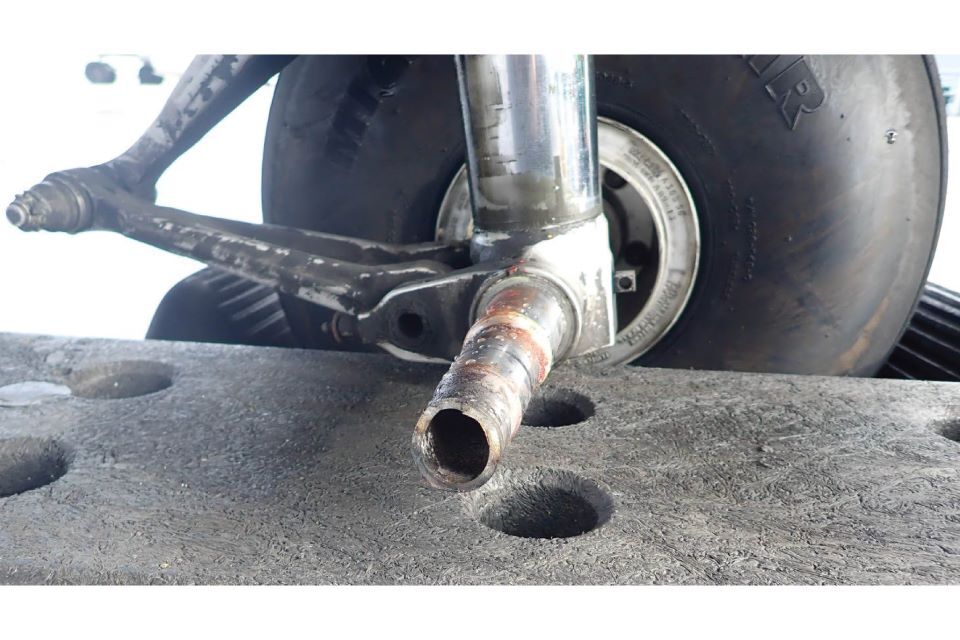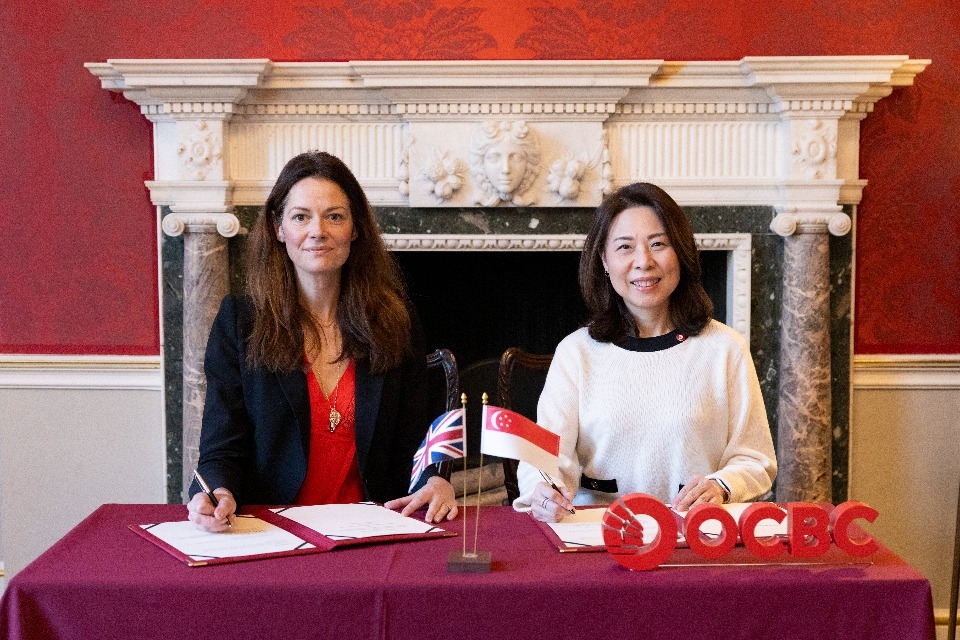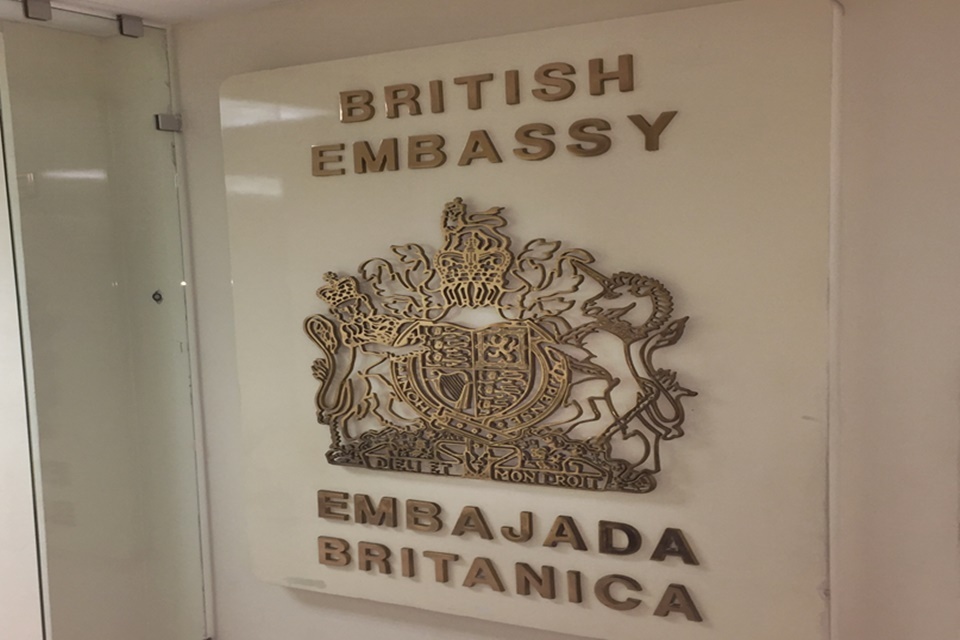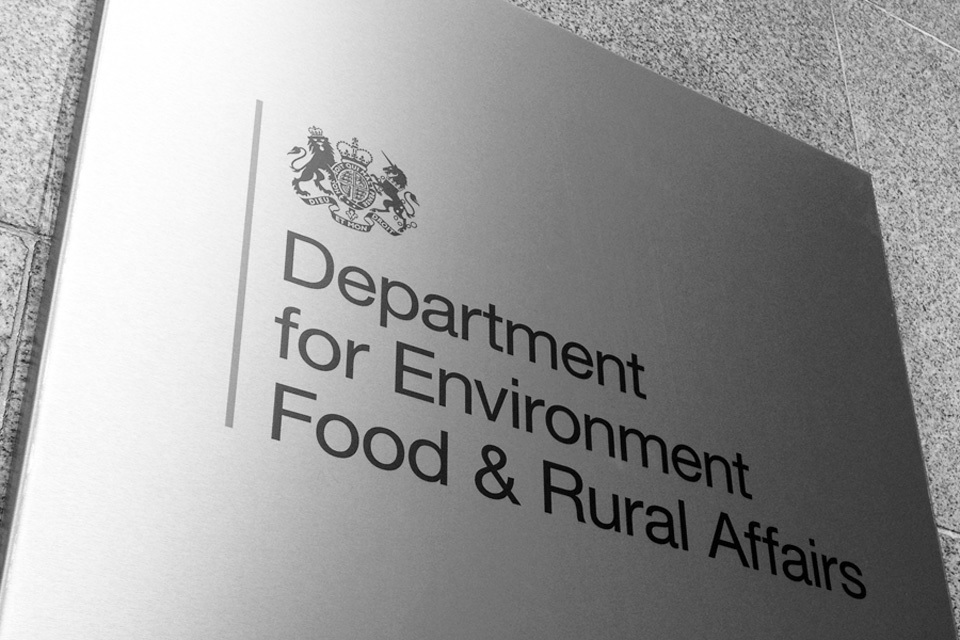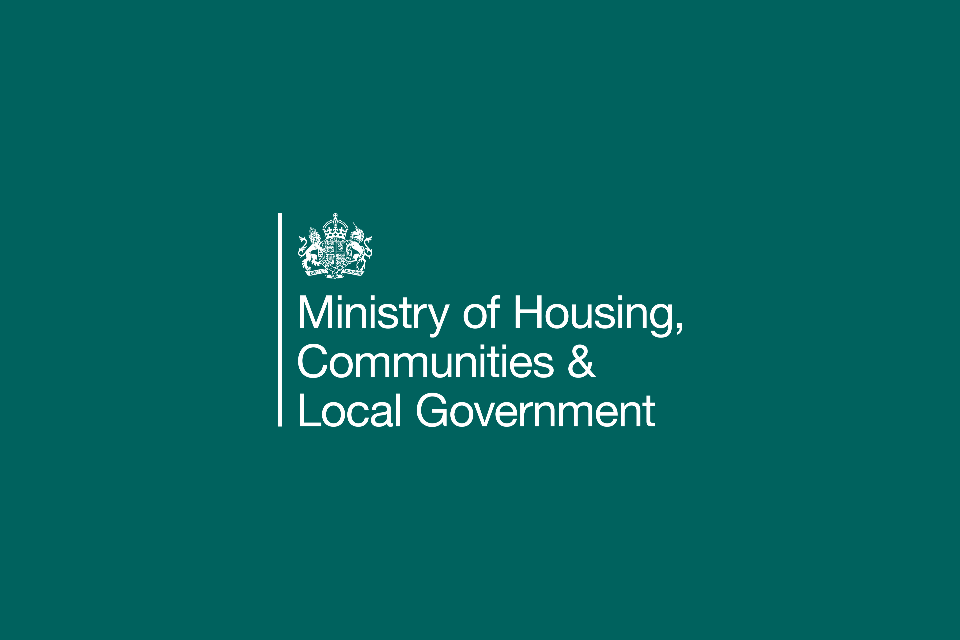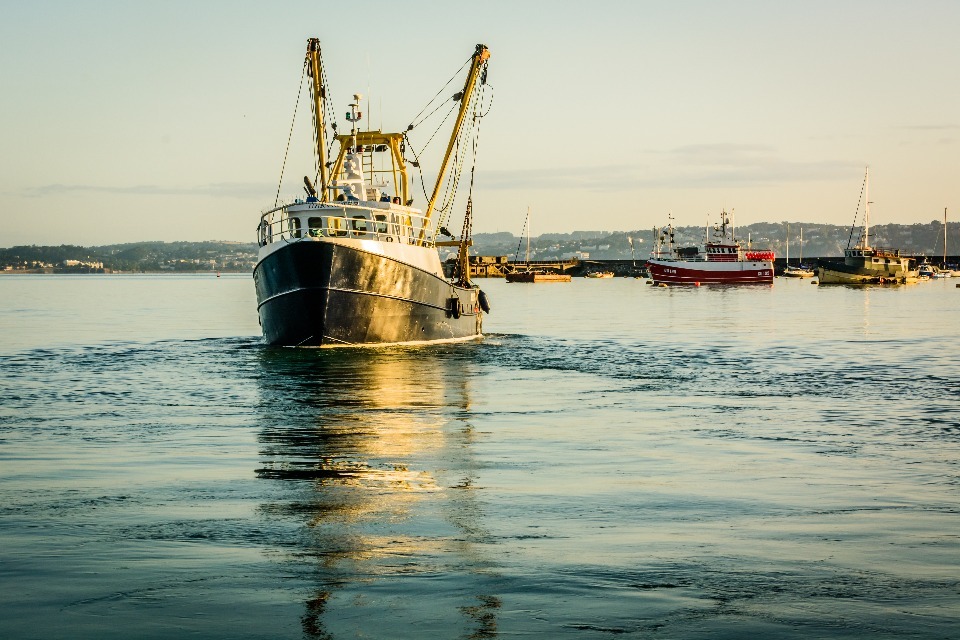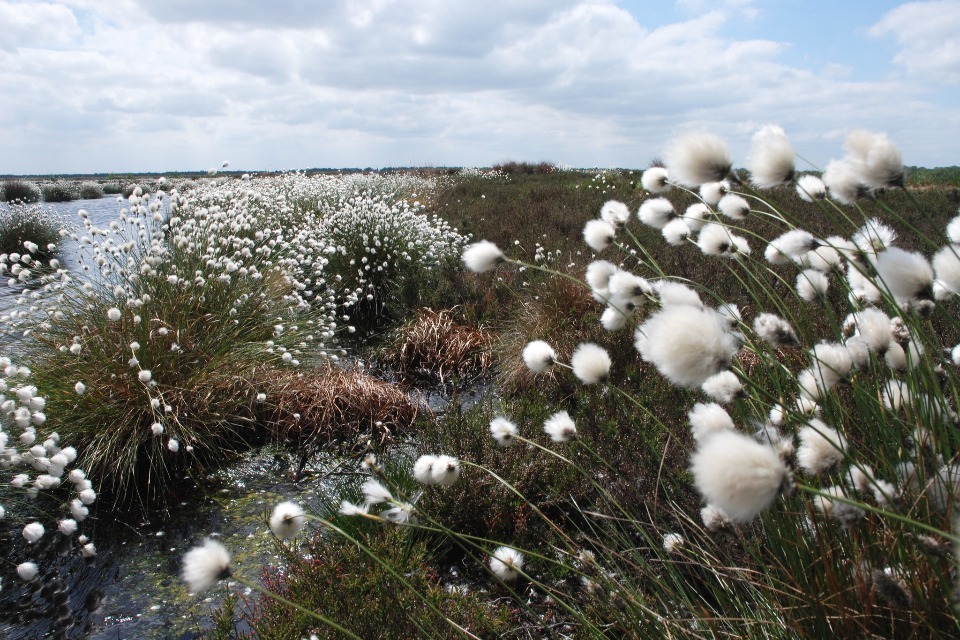What's On
The guidance on remuneration for expert witnesses which sets out…
Going Out
London’s love of sky-high drinking venues and hang-out spots has…
Reviews
Hyatt Hotels has announced that it intends to increase their…
Latest Articles
Efforts to tackle anti-Muslim hatred and Islamophobia bolstered by improved strategic approach following highest level of anti-Muslim hatred…
Jobs and investment in Scotland will be top of the agenda today [Thursday 3 April] when Scottish Secretary…
Scottish Secretary Ian Murray is further strengthening diplomatic, cultural and business ties with the United States during a…
The essential specs to look at are storage space, camera quality, battery life, and screen size.Ask yourself about…
We welcome this session on implementing UNSCR2730. I think it is critical that the Council maintains momentum on…
The Maritime and Coastguard Agency has been at the forefront of The Clean Maritime Demonstration Competition (CMDC), a…
The meeting brought together senior representatives of Platform members, observers and international financial institutions. The UK reiterated our…
DASA has launched Phase Two of Innovation in Support of Operations Funded by the Ministry of Defence Three…
In Spotlight
UK jets will protect the skies of NATO’s eastern flank…


